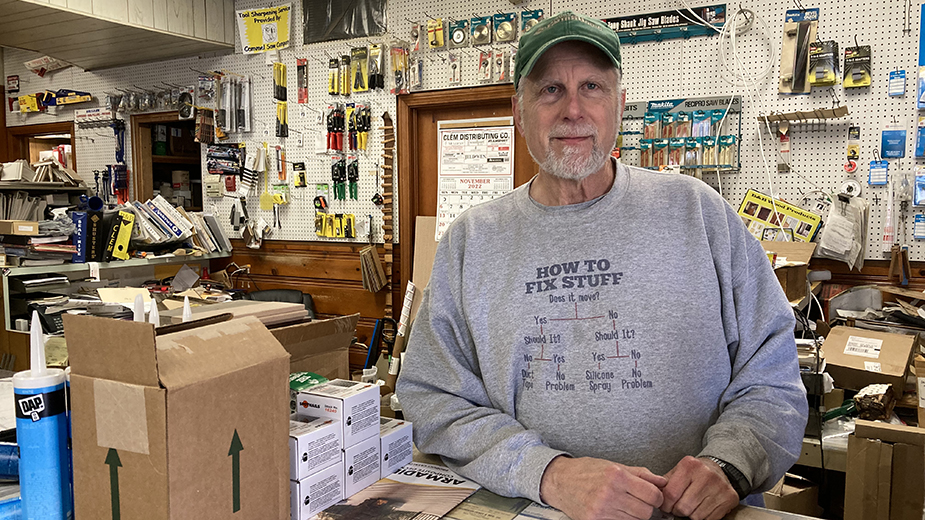5 Benefits to Supporting Local Small Businesses
YOUNGSTOWN, Ohio – The “why” behind shopping local can vary between consumers. Some shoppers may want to keep money local; others may be looking for a connection to their community. Here are five ways shopping local can be a benefit:
Purchases help your community. Money you spend locally goes directly to your community. Every dollar you spend is invested into the business and those who run it. In other words, you’re helping locals keep their jobs, create more jobs, and invest in other local community initiatives. To take your mindful money practices to the next level, consider supporting local shops the next time you need beauty products, groceries, or a new wardrobe.
Local shops may be more sustainable. When small businesses work together with other small businesses, there can be opportunities to cut down on packaging, overall waste, and travel emissions. For example, local grocery stores may carry produce from local farms, which cuts down on transportation costs, travel emissions, and packaging used to transport each product. As a result, your money invested locally could help the earth and your wallet.
Customer experience is the priority. Big-box stores have more employees, customers, and issues to deal with every day – while local shop owners may not. Small business owners usually have fewer customers, making those that shop with them more valuable. Everyone who comes into the store becomes the top priority. If you have questions or concerns about products or services, you’ll likely be able to get in touch with the owner faster than you would a big box customer service representative.
Fresher (and more unique) products and produce. You can find a variety of items at local stores you may not find anywhere else. When it comes to grocery shopping, you’ll likely be able to find locally sourced produce at smaller stores. You get to enjoy eating fresher produce while supporting multiple small businesses. Your weekly groceries, for instance, may be fresher from your local farmers market than a department store.
You put a face to the creator. In most cases, small store owners spend the most time face-to-face with their customers. You’re more likely to interact with the owner than the CEO of an established company. This means you’ll have a better chance of connecting with your community and you’ll know exactly who you’re supporting.
Source: Intuit MintLife
Copyright 2024 The Business Journal, Youngstown, Ohio.



